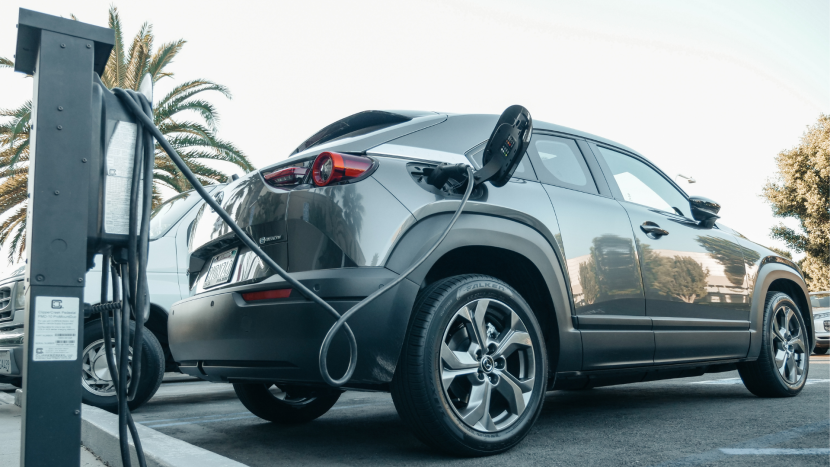The future of automotive engineering is being shaped by innovations in electric and hydrogen-powered vehicles. The automotive industry is undergoing a major shift as the world moves toward cleaner and more sustainable transportation. One of the biggest advancements in this transition is the rise of electric vehicles (EVs). These vehicles run on rechargeable batteries and produce zero emissions, making them an eco-friendly alternative to traditional fuel-powered cars. With improvements in battery technology, EVs now offer longer driving ranges, faster charging times, and more affordable options.
Alongside EVs, hydrogen fuel cell vehicles (HFCVs) are also emerging as another promising solution for clean transportation. These vehicles use hydrogen gas to generate electricity, emitting only water vapor as a byproduct. Hydrogen fuel cell vehicles can go farther on a single tank and refuel much faster than regular fuel-powered cars, making them a good option for long trips and heavy-duty vehicles. As technology and fueling stations improve, both EVs and HFCVs will help shape the future of transportation by cutting carbon emissions and driving new advancements in the auto industry.
The Rise of Electric Vehicles (EVs)
The rise of electric vehicles (EVs) has changed the automotive world in an unprecedented manner. Technological advancements, environmental considerations, and policy decisions have contributed to the rise of EVs.
Key Factors Driving the Rise of Electric Vehicles:
1.Technological Advancements:
- Battery Efficiency: Continuous improvement in electric battery technology has improved energy density while reducing costs, thus offering consumers a better choice for their needs on EVs.
- Charging Infrastructure: The development of charging networks has tempered the anxiety of range-driving a considerable number of people to go for EVs.

2. Environmental Considerations:
- Eradicating Emission: EVs are designed without tailpipe emissions and thereby contribute to improved quality of air, positively contributing towards a role in combating climate change.
- The Renewable Push: Using renewable energy to generate electricity makes EVs an even better choice for the environment and society, making them more desirable.
3. Economic growth and market expansion:
- Government incentives in the form of subsidies and tax breaks make EVs more accessible, while the low fuel and maintenance costs save money for owners. Rising consumer demand coupled with huge investments from major automakers is fueling sustained growth in the EV market.
Hydrogen Vehicles: A Strong Competitor?
Now hydrogen cars are rising to provide an option for gasoline or diesel cars. The cars use hydrogen for electricity generation and emit nothing but water vapor, thus becoming a clean alternative that cleans the atmosphere and combats climate change. Here are the advantages of hydrogen vehicles :
1. Environmental Benefits.
- Hydrogen fuel cell vehicles emit only water vapor; they are pollution- and greenhouse gas-free. Normally, in terms of carbon emissions and air quality concerns, these vehicles present a much cleaner alternative to gasoline and diesel.

2. Faster Refueling
- Hydrogen vehicles can be refueled in just 3-5 minutes; hence, it is quite similar to traditional gasoline refueling.
3. Long Driving Range
- Driving ranges of hydrogen cars are about equal to those of gasoline vehicles; in general, a full tank should allow for traveling around 300 miles.
Which technology will dominate?
Both electric vehicles (EVs) and hydrogen fuel cell vehicles (HFCVs) have the potential to shape the future of automotive engineering. Which one becomes more popular will depend on improvements in technology, making them more affordable, and the support they get from governments. In cities and towns, EVs are likely to be the top choice because they are easier to charge, cost less to maintain, and already have a growing charging network. However, hydrogen vehicles could become more important for heavy-duty transportation, like trucks, buses, and large industrial vehicles, since they offer longer driving ranges and faster refueling times. The future of both technologies will depend on continuous innovation and investment in infrastructure.




